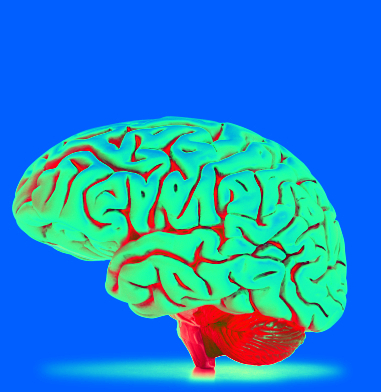Gifted misses counted
 Experts say most of Australia's gifted students could be going unrecognised.
Experts say most of Australia's gifted students could be going unrecognised.
A recent study has found that more than half of academically gifted students are not recognised by their schools as having profound talents. As many as two in five gifted students are not completing university degrees.
According to an expert in identifying and educating gifted and talented students, Jae Yup Jung, it is a myth that the brightest children will succeed at school regardless of their circumstances, with many either misbehaving or “disappearing” out of frustration.
“Kids who aren’t getting the stimulation they need start being disruptive, or they’ll just withdraw and drop out mentally,” Dr Jung said in an interview with the AFR.
“Australia is missing out on a group of highly able students who have the potential to achieve great things. We pay a lot of attention to supporting kids with disabilities, which is right, but we should do the same for gifted kids."
International research suggests that between 18 per cent and 25 per cent of gifted students drop out of school prematurely. Dr Jung says what is equally concerning is the 50 per cent or more who chronically underachieve based on their abilities.
Dr Jung will be named the winner of the 2023 Pathbreaker Award by the American Education Research Association later this month for his paper on the “simple difference method” to identify remarkable students who hide behind unremarkable results. The method analyses systematic testing, such as NAPLAN, school assessment tasks, HSC results, and other ability tests.
“The gap between expected and actual achievement gives you a measure of underachievement. Not only did the results of the simple difference method align best with what, based on all available evidence, we would expect an accurate result to look like, it also involves very few unverifiable assumptions about giftedness,” Dr Jung said.
Dr Jung says it is rare for a gifted child to be identified at the beginning of their school education and receive appropriate support throughout.
“It’s more like a rollercoaster for most,” he said.
The findings of the study appear to align with a recent Productivity Commission report that said schools should group students according to ability, not age, as a means of lifting academic performance. This approach could help support gifted students who are currently falling through the cracks.








 Print
Print